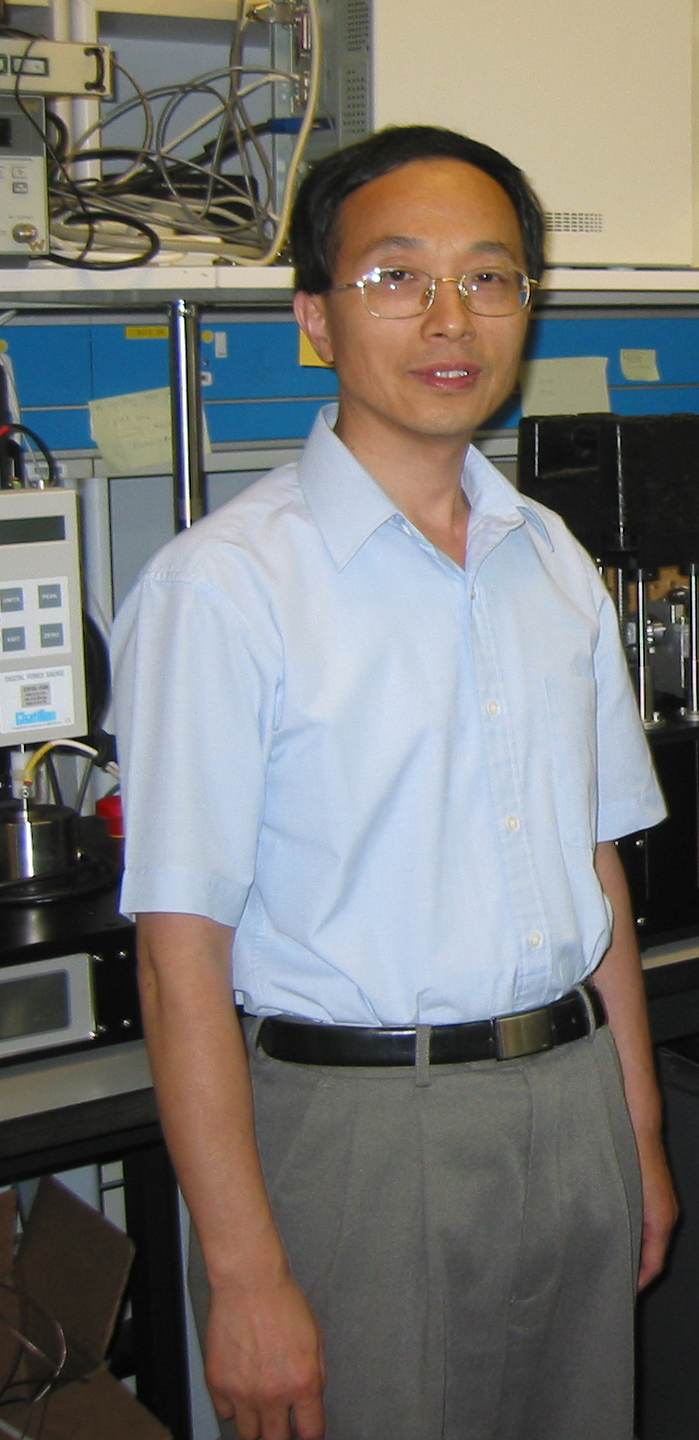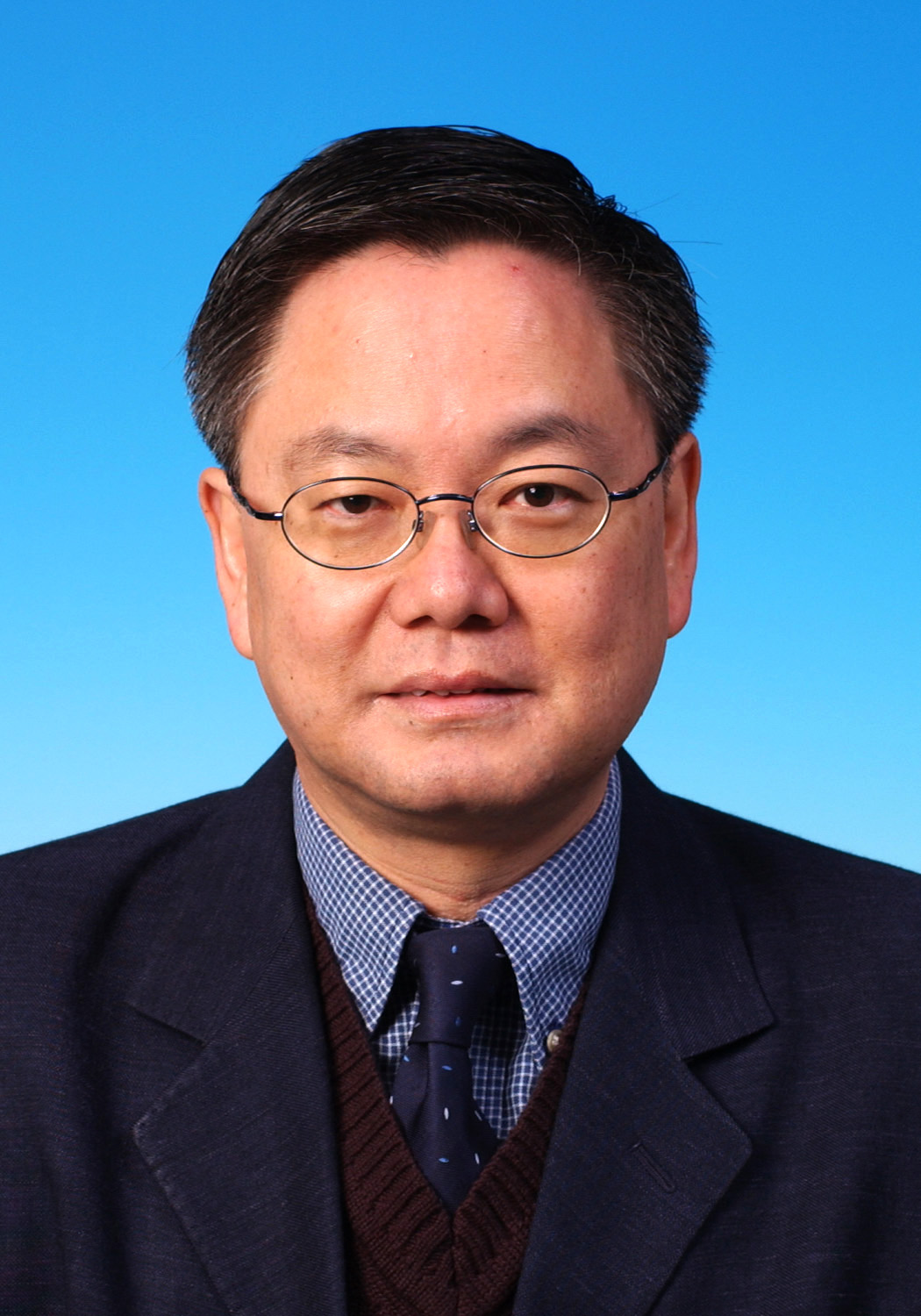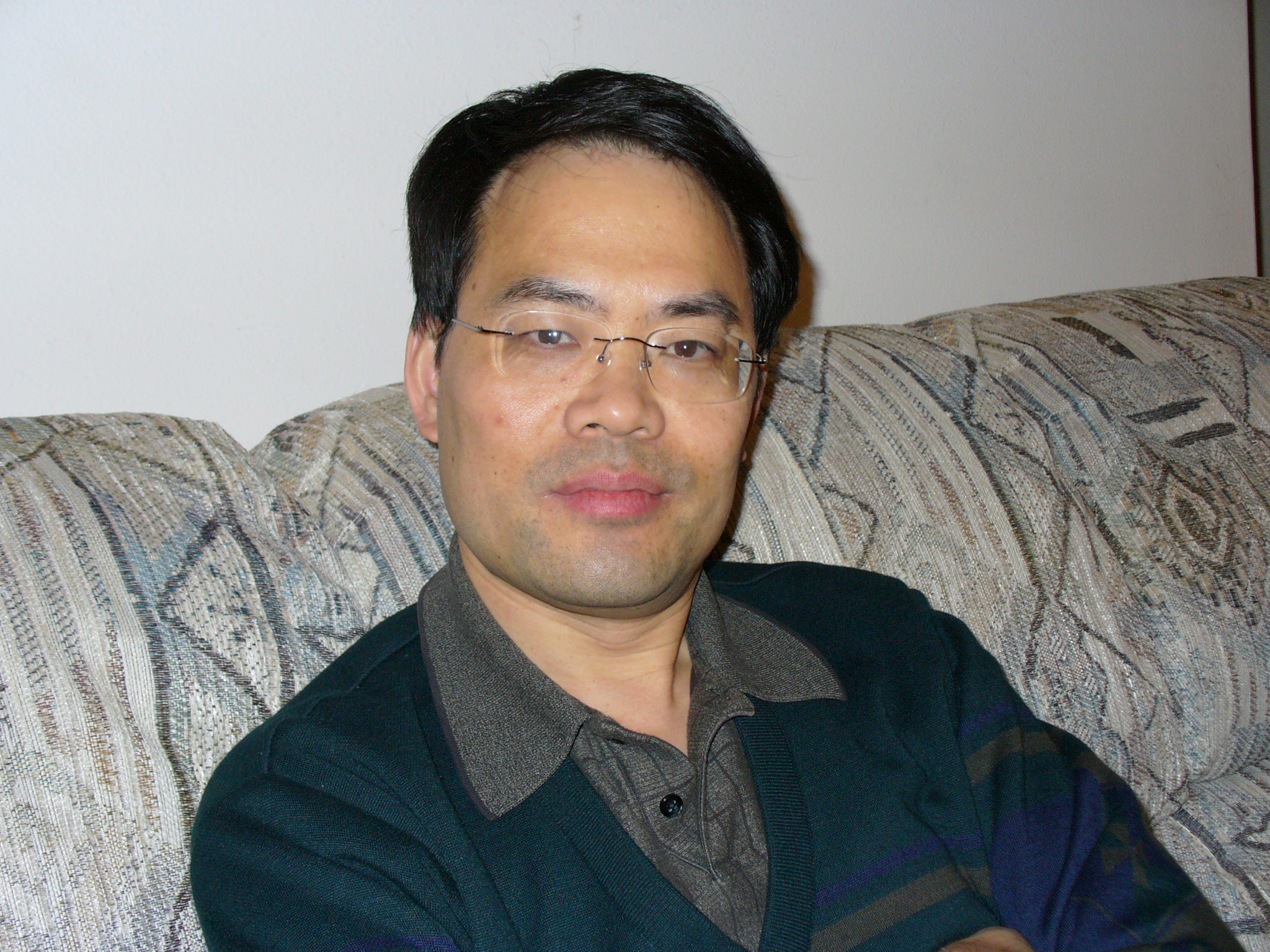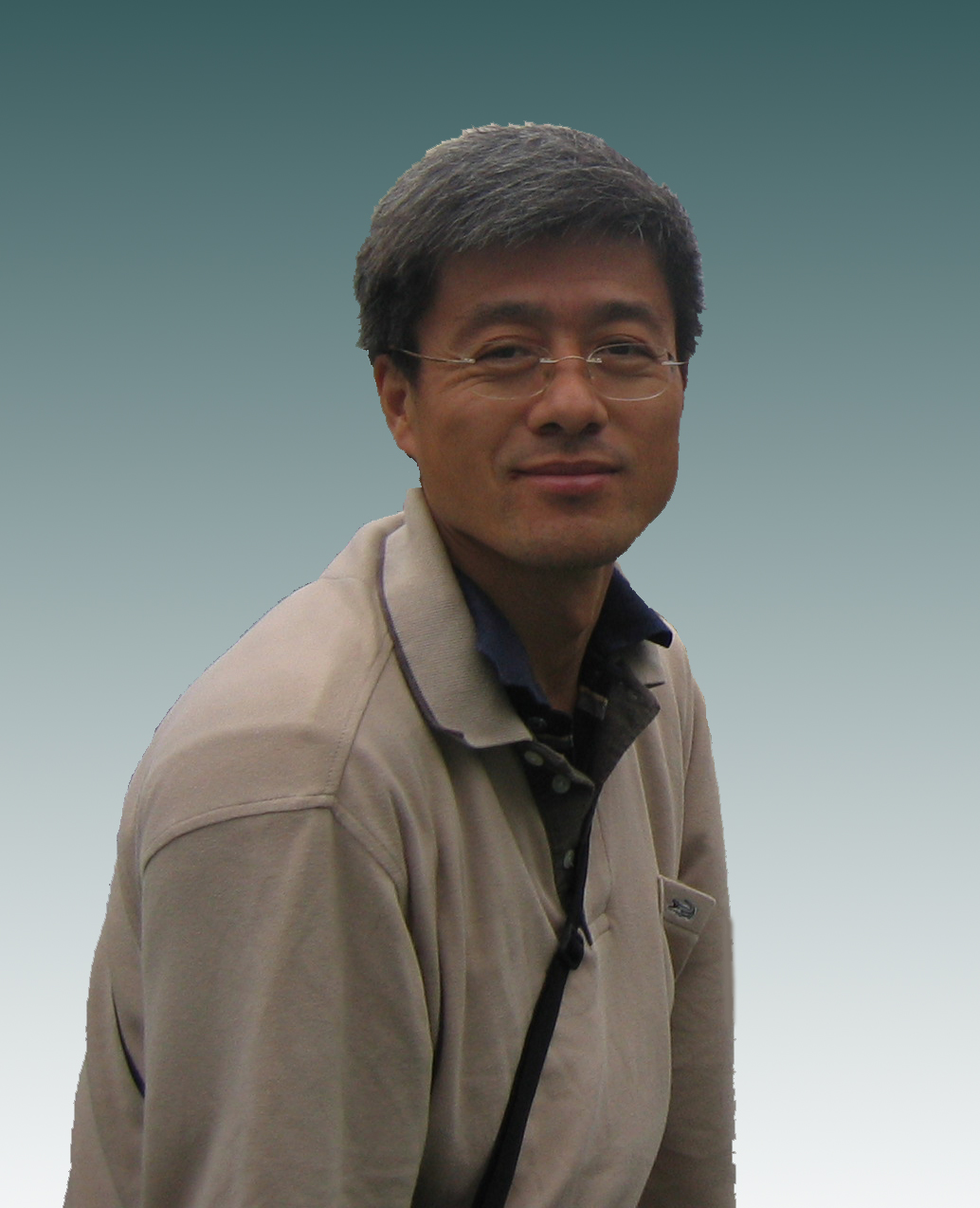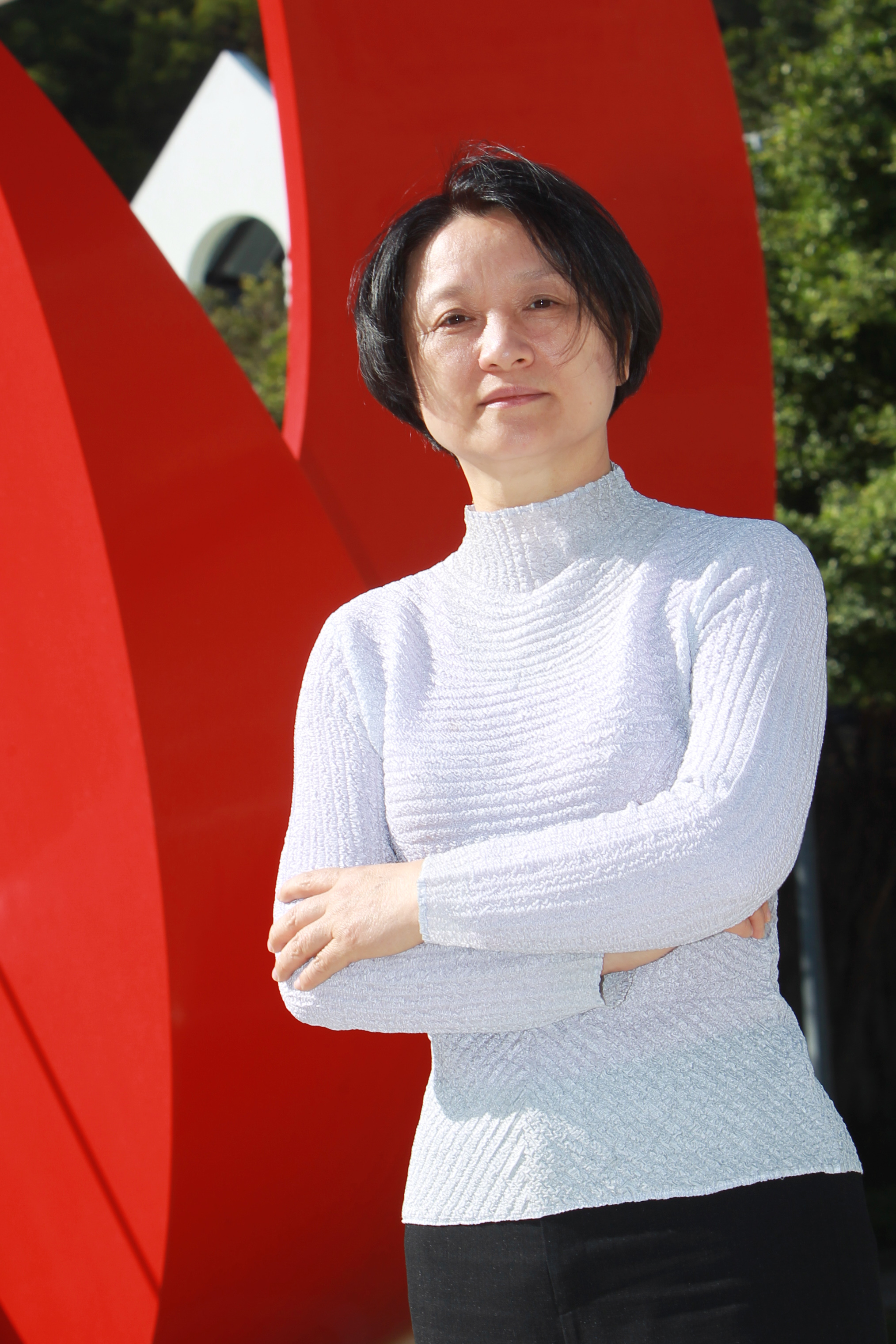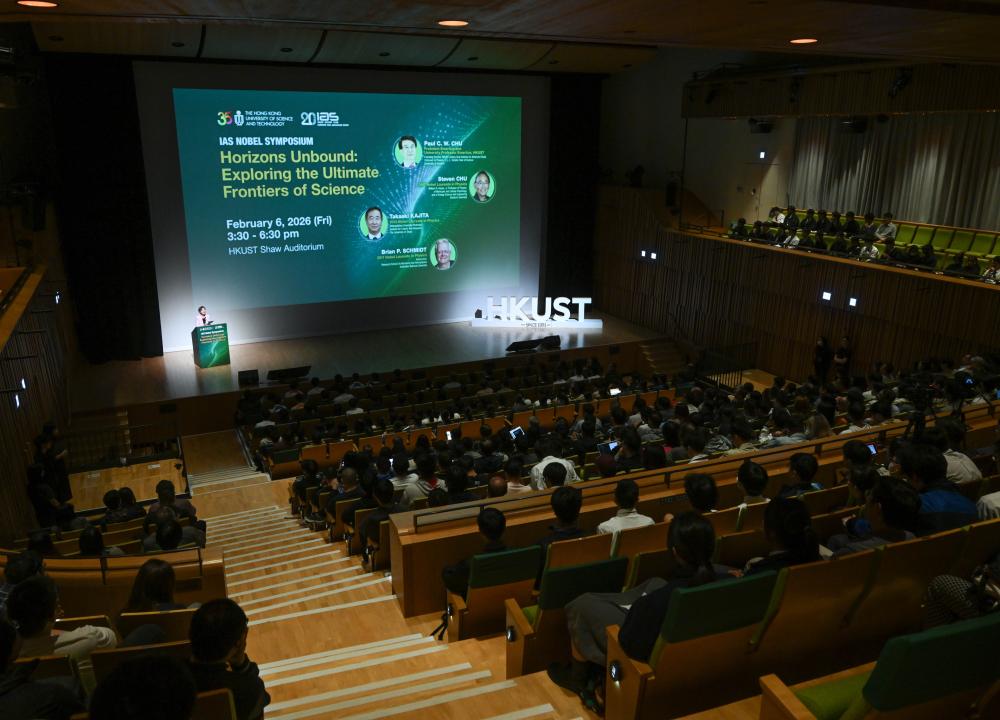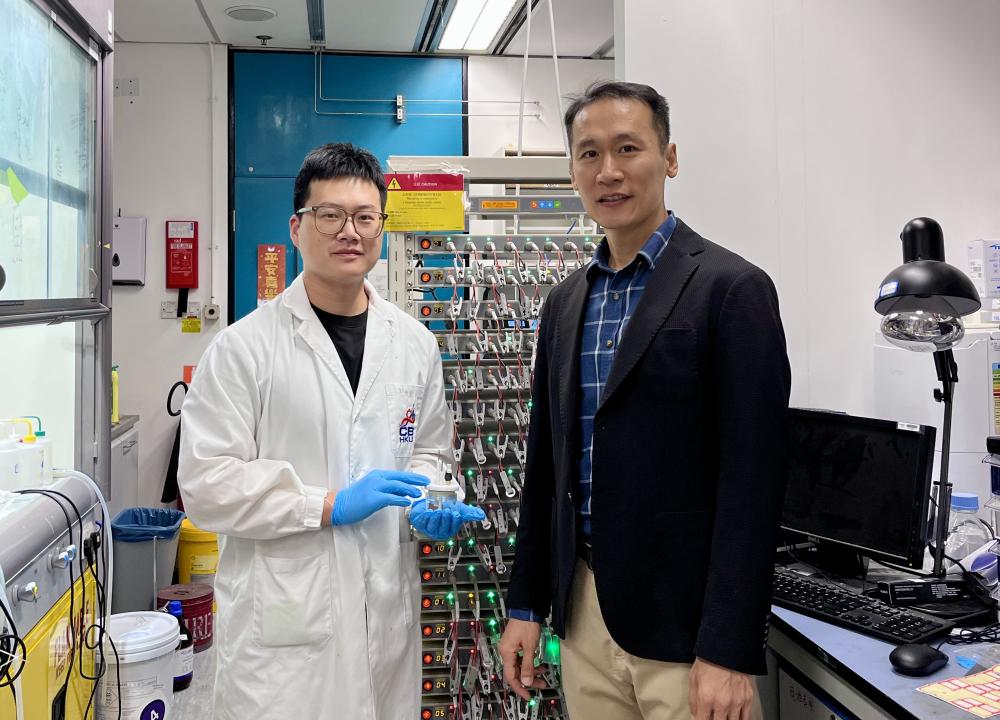HKUST Reaps Largest Number of Awards Among Hong Kong's Tertiary Institutions in Ministry of Education Award for Research Excellence
The Hong Kong University of Science and Technology (HKUST) has reaped two First Class and three Second Class awards in the Awards for Research Excellence in Natural Sciences presented by the Ministry of Education. This is the biggest harvest among Hong Kong’s tertiary institutions.
The awards received by HKUST faculty members are:
First Class in Natural Sciences
- Awarded to Prof Lionel Ni, Prof Yunhao Liu and Mr Mo Li, Chair Professor, Assistant Professor and PhD candidate respectively in the Department of Computer Science and Engineering. Their project is “Range-free Localization and Localizability for Wireless Network and IOT: Theory and Practice”.
- Awarded to Prof Shihe Yang of the Department of Chemistry and professors from Beijing University of Aeronautics and Astronautics and Peking University. Their project is “Bottom-up engineering and properties of nano-structures of transition metals and their oxides and compounds”
Second Class in Natural Sciences
- Awarded to Prof Karl Tsim of the Division of Life Science and professors from Peking University. Their project is “Study on the chemical constituents, biological activities, quality control and metabolism in vivo of medicinal Polygala plants”
- Awarded to Prof Qi-Man Shao and Prof Bingyi Jing of the Department of Mathematics. The project is “Self-Normalized Limit Theory and its Applications”
- Awarded to Prof Hong Xue of the Division of Life Science and her research team. Their project is “Fighting Mental Disorders with GABAA receptor as the Target”.
Descriptions of the Awarded Projects:
Prof Lionel Ni and Prof Yunhao Liu started their research on the theory and practice of range-free localization and localizability for wireless network and IOT in 2000, and designed one of the world’s earliest range-free localization and localizability systems using RFID. They solved the problem of the inability to accurately obtain the real time object locations in a wireless sensor network as well as the Internet of Things, caused by the instability of the wireless communication system. What’s more, they made a breakthrough in applying this related technology to the safety monitoring of coal mines and to ocean sensing systems.
Prof Shihe Yang and researchers from Beijing University of Aeronautics and Astronautics and Peking University have developed methodologies for synthesizing monodispersed manomaterials (such as nanoparticles, nanorods, nanowires and nanotubes) of transition metals and their oxides and compounds. They have also realized the control of their optical properties, achieved mechanistic understanding of their magnetic response, and opened new paths for building nanomaterials with novel structures and special properties.
Prof Karl Tsim and the Peking University research team have used modern technology to explore Polygala species, to understand their chemical constituents, biological activities, quality control and their metabolism within the human body. The Polygala medicines are effective in curing insomnia, memory loss, depression and anxiety, and is a neurological medicine with enormous opportunities for development. Prof Tsim and his research team have set up a research platform for Polygala medicinal herbs, and made a sustained effort in researching and applying this valuable medicinal resource to boost the development of related medicines.
Prof Qi-Man Shao and Prof Bingyi Jing have achieved major breakthrough in the research on Student-t statistic. As early as in 1997, Prof Shao had proved that a large deviation theorem holds for Student-t statistic without any moment condition. Thereafter, Prof Shao and Prof Jing have obtained a series of significant results in this direction and enriched the limit theory in probability, with far reaching influence for the statistical practice.
Prof Hong Xue and her research team are exploring how to use the GABAA receptor to cure human psychotic diseases. The GABAA receptor is the most important inhibitory neurotransmitter receptor in the central nervous system, and has an important effect in curing various mental disorders. Prof Xue and the team have studied the protein structure and genetic evolution of the GABAA receptor, the active constituents of the GABAA receptor in Traditional Chinese Medicine, as well as the relationship between the genes and the hereditary mechanism of mental disorders, to provide a new framework for curing human mental disorders, and to promote the development of the drugs.
HKUST President Tony F Chan congratulated the HKUST teams who have reaped excellent results. He said, “HKUST is committed to being a world-class research university. With the outstanding achievements of our professors and their team, we have received full recognition by the Ministry of Education in our research and innovative endeavors. We hope that our research achievements will contribute not just to Hong Kong, but also the Mainland and the world at large.”
The Award for Research Excellence (Science and Technology) is a special science and technology award set up by the Ministry of Education, targeting at all the tertiary institutions in Mainland China. There are several categories Natural Science Award, Technological Innovation Award, Science and Technology Improvement Award (Publicity Category) and Patent Award. The Natural Science Award recognizes people who have made discoveries in basic and applied research, or explained natural phenomenon or characteristics through scientific research. Hong Kong’s tertiary institutions were included in the scope of recipients in 2009.
For media enquiries, please feel free to contact :
Ross Lai
Tel: 2358 6306 / 9103 2928
Email: rosslai@ust.hk
Donna Wong
Tel: 2358 6317
Email: donnaw@ust.hk










